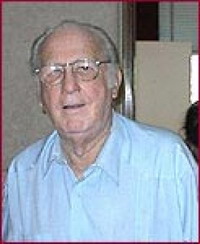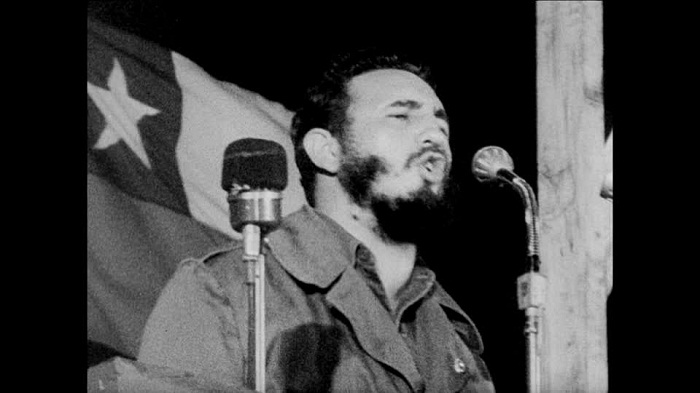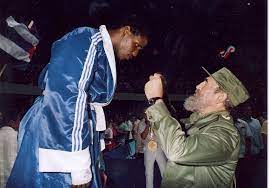
Havana ephemeris. August 18th.
1717. Agustín Palomino Sanabria is born in Havana. He was a forerunner of medical teaching in Cuba. The teaching that he gave in his chair, meant a real progress of the subject for the time. His work was remarkable for its clarity and order since in each of its parts the study of nature was manifested with greater force.
He distinguished himself by his culture and love of science. From a very young age he occupied a preferential place in the university faculty. He was Master of Ceremonies at the University in 1745 and Commissioner of the year in 1746, as well as a doctor at the San Juan de Dios Hospital and Fiscal Promoter of the Protomedicato.
He died in Havana on December 8, 1753.
1917. Salvador Bueno Menéndez is born in Havana.

He was a noted journalist, researcher, and writer. He made an important contribution to literary studies in the country and also promoted the dissemination of the life and work of significant Cuban personalities.
He was also Director of the Cuban Academy of Language between 1995 and 2004.
For his meritorious work, important decorations and other awards were conferred on him, among them, the Alejo Carpentier Medal, the Replica of the Machete of Generalissimo Máximo Gómez, the Félix Elmuza Order, the Cross of the Republic of Hungary and the José Vasconcelos, Fernando Ortiz awards. , the National Cultural Research and the National Social Sciences.
After a long and fruitful existence, he passed away in Havana on October 22, 2006.
1962. Commander in Chief Fidel Castro speaks at the closing of the National Congress of Sugarcane Cooperatives that had been held since the previous day in Havana.

Fidel highlighted: “This Congress, comrades, is, with regard to the workers of the Sugarcane Cooperatives, a new starting point. That is why, certainly, it must be a historic congress”.
He also stated when referring to the subject of Agrarian Reform and its corresponding application in the country: “When the Revolution triumphed, it was evident that the first step to take was Agrarian Reform. You will remember that immediately they began to talk about the Agrarian Reform, and how the people began to be interested, including the workers in the cities.
“It is possible that many people heard about the Agrarian Reform without fully understanding what it meant. But, in the end, everyone considered that it had to be useful, because there couldn't be a worse situation than the one in the countryside, and that any change in the conditions of life and work and exploitation of the land would be beneficial. for the peasants. But agrarian reform, however, is one of the most complex tasks of a revolution. It could also be said that it is one of the most difficult tasks.”
More than a thousand delegates participated in the congress.
1991. Commander in Chief Fidel Castro presides over the closing ceremony of the XI Pan American Sports Games.

Its headquarters were in Havana and the city of Santiago de Cuba as sub-headquarters. More than six thousand athletes from 39 countries attended. In this edition the 40th anniversary of these sporting events was celebrated.
Cuba was crowned champion of this continental sporting event for the first time. He reached a total of 265 medals, 140 gold, 62 silver and 63 bronze.
A relevant aspect of the games was the planting of 39 trees, as a symbol of the representatives of the participating countries. The planting took place in the Pan-American Friendship Forest, at the entrance of the Pan-American Village.
2010. Commander in Chief Fidel Castro receives the Cuban Moto Méndez Solidarity Mission medical brigade that carried out psychosocial and clinical-genetic studies in Latin American countries.

In his message to the Cuban specialists he expresses: “You have faced truly severe cases, such as those of human beings who are born blind and deaf and have never seen a ray of light, nor have they heard a sound." He states that the Cuban experts who brought happiness to nearly 800 thousand people in Venezuela, Bolivia, Ecuador and Nicaragua, is nothing more than something that can be done for the peoples of this hemisphere and the rest of the world without charging a fee for it single penny.
And he makes clear: “The most important thing is the example that you have bequeathed to the young people who, together with you, have begun to carry out this task within their people and in other countries.”